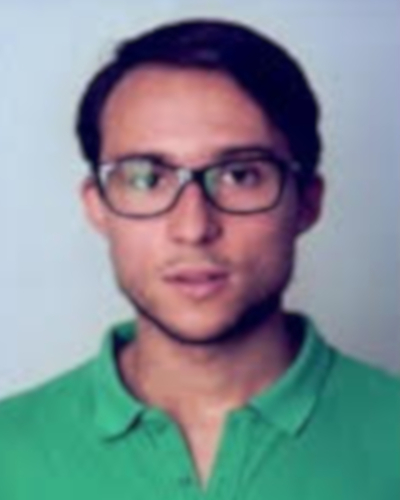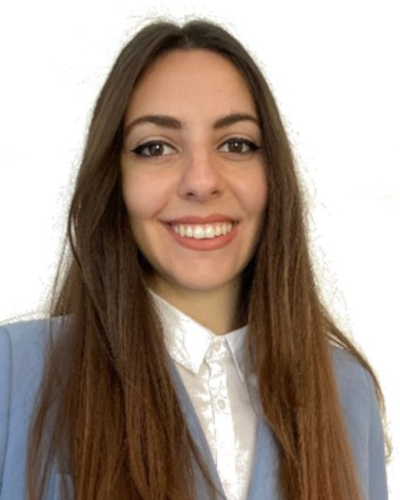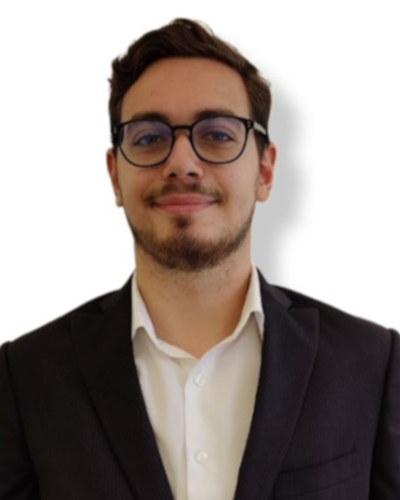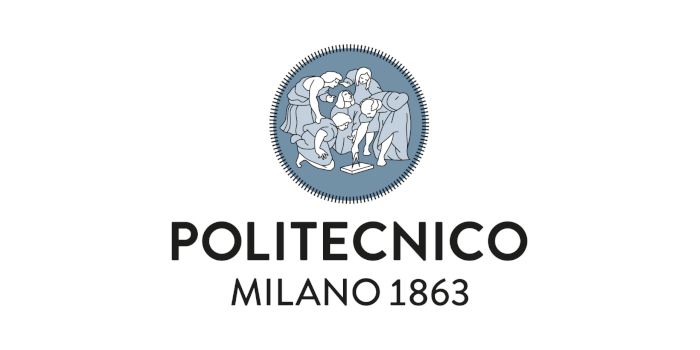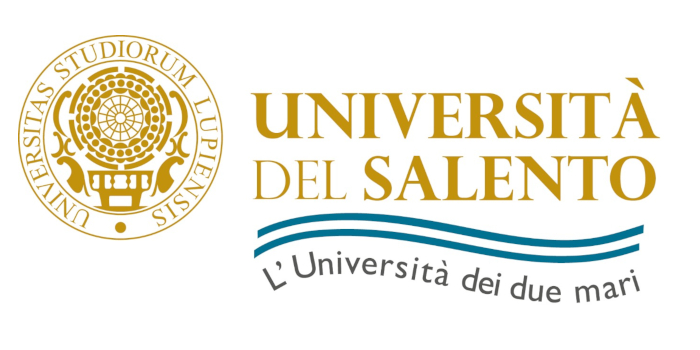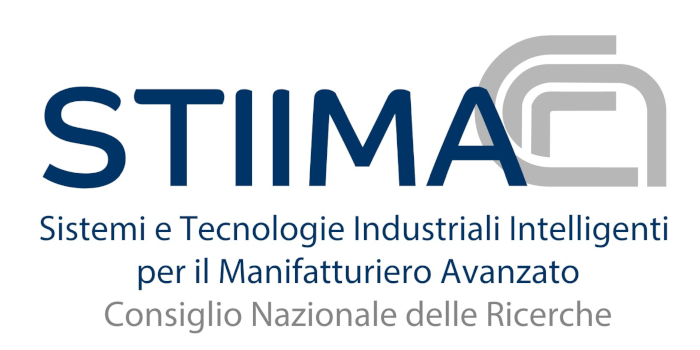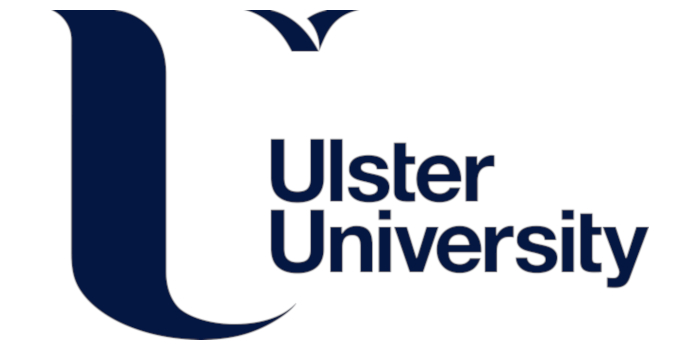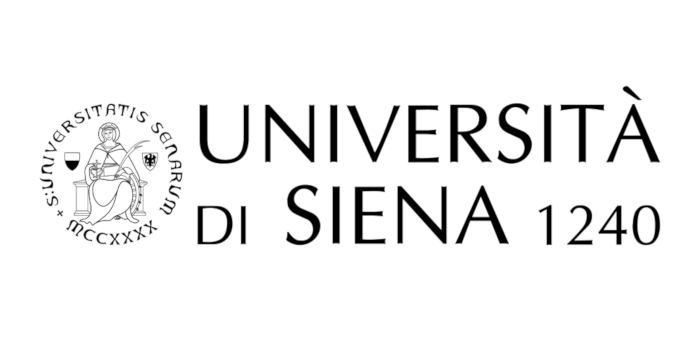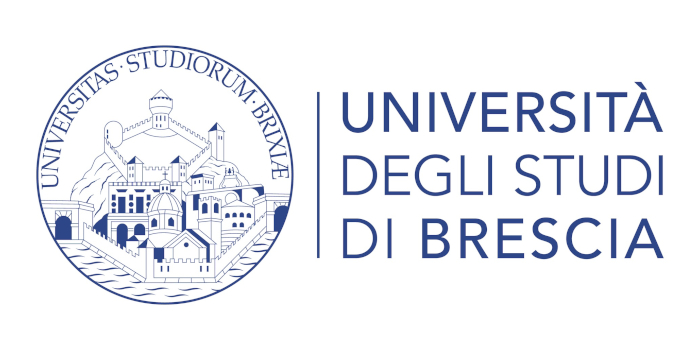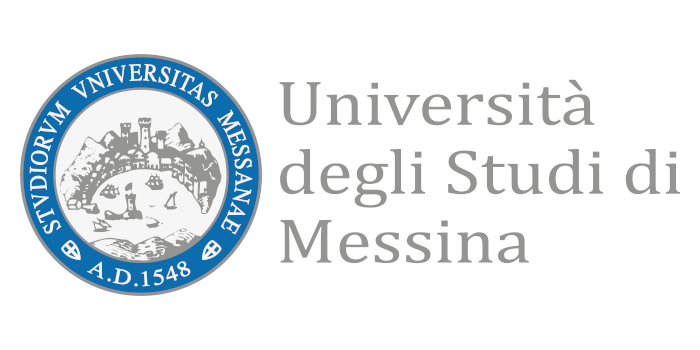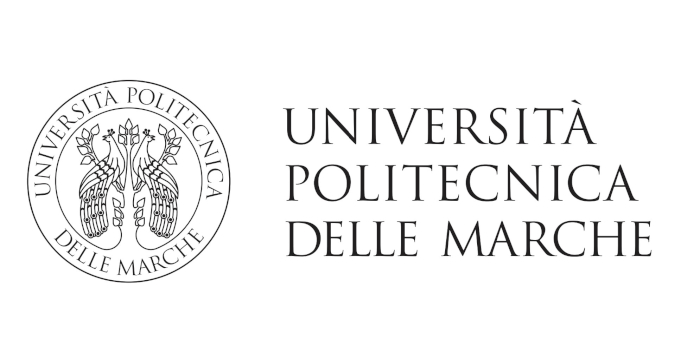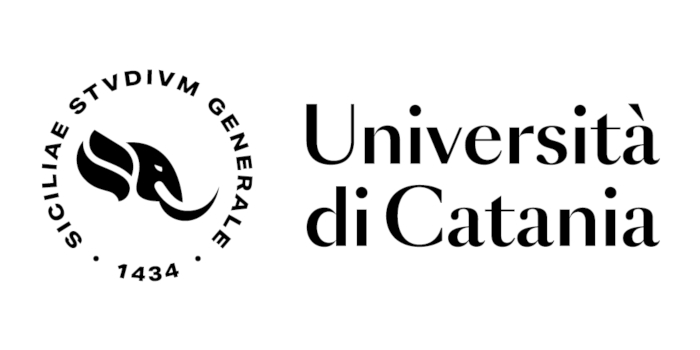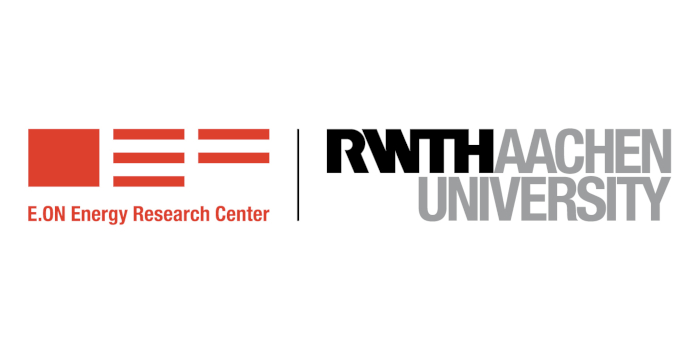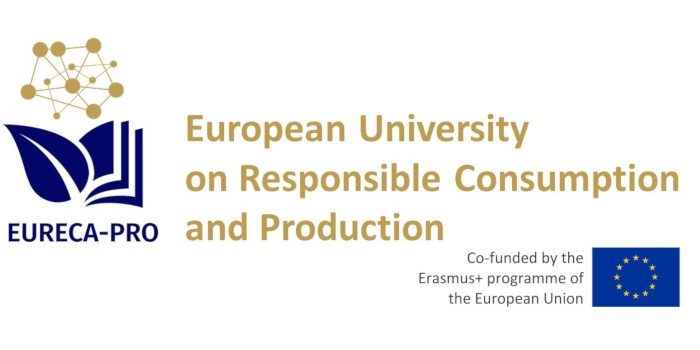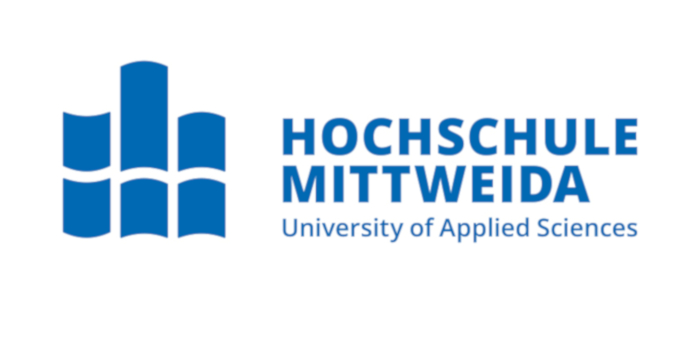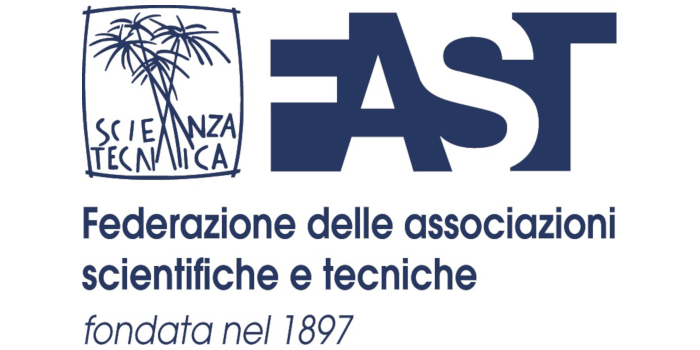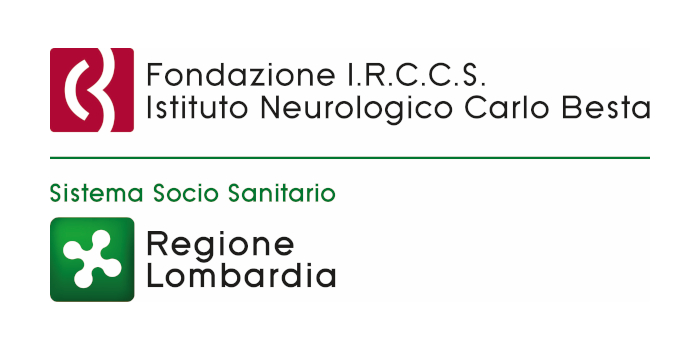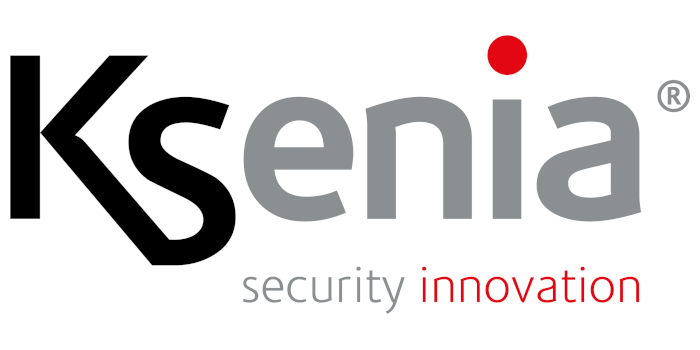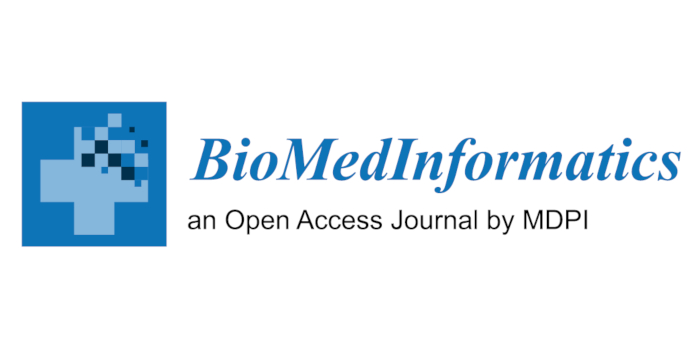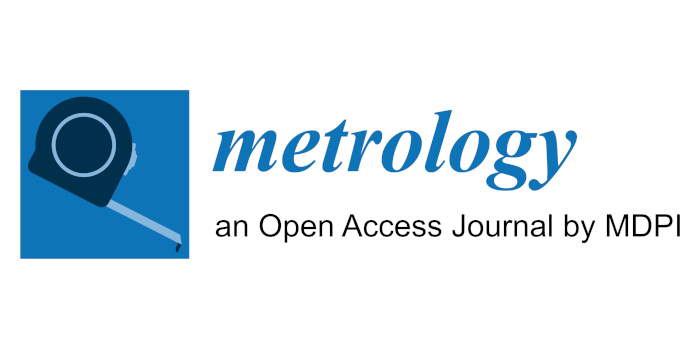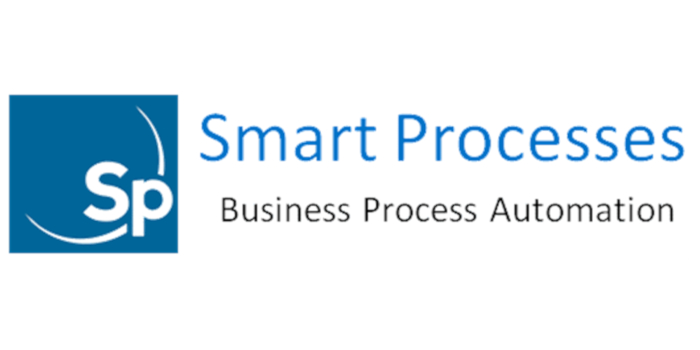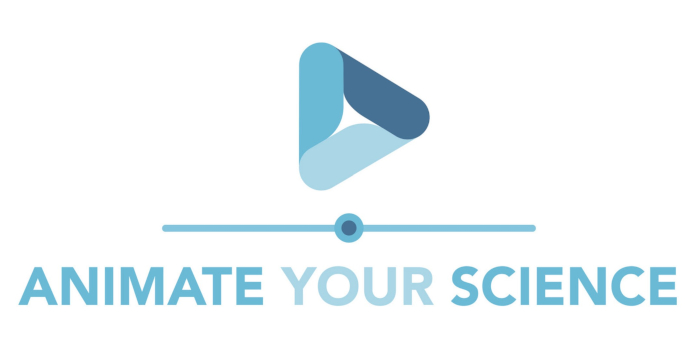SPECIAL SESSION #12
Computer-Aided Solutions in Healthcare: Bioimaging and 3D Printing
ORGANIZED BY
Giuseppe Cesarelli
University of Naples “Federico II”, Department of Electrical Engineering and Information Technology
Francesca Angelone
University of Naples “Federico II”, Department of Electrical Engineering and Information Technology
Noemi Pisani
University of Naples “Federico II”, Department of Advanced Biomedical Sciences
Danilo Calderone
University of Naples “Federico II”, Department of Information Technology and Electrical Engineering
ABSTRACT
Bioimaging refers to methods that non-invasively visualize anatomical structures and biological processes. Recent studies have taken advantage of bioimaging for several applications. These have the potential to support diagnosis by improving image quality and patient safety. It also allows more accurate characterization of tissues and, in some cases, visualization of profound phenotypic differences. Bioimages, seen as 'big data', need dedicated computational tools and their manipulation and analysis often require the use of advanced techniques such as artificial intelligence (AI) methods. An important preliminary step in image analysis is the identification of the volume or region of interest (VOI/ROI) through semiautomatic and/or automatic AI based segmentation techniques. This ability is particularly suitable for three-dimensional (3D) printing applications in healthcare. 3D printing technology is experiencing nowadays an increase in its application in various surgical specialties (i.e. neurosurgery and orthopedics). Its application in the pre-operative and intra-operative stages allows deformities to be accurately estimated and replicated in order to obtain patient-specific clinical measurements and evaluations. Moreover, the possibility to perform the surgical simulation can bring a significant reduction of surgical times and improve the clinical outcome.
Therefore, this special session welcomes contributions on the application of different techniques of analysis and processing in bioimaging, and 3D printing for medicine.
MAIN TOPICS
Main topics includes, but not limited to, the following:
- Artificial intelligence in bioimaging;
- Bioimaging processing and analysis;
- Automatic and semi-automatic segmentation techniques;
- Radiomics approach for features extraction from bioimaging;
- Three-dimensional (3D) printing technology in healthcare;
- 3D digital reconstruction of anatomical models in healthcare;
- Anatomical models for pre-operative planning and surgical simulation;
- Materials and biomaterials in rapid prototyping for medical applications.
ABOUT THE ORGANIZERS
Giuseppe Cesarelli is an affiliated researcher to the Department of Chemical, Materials and Production Engineering of the University of Naples Federico II and an external consultant of the Institute for Treatment and Research “Salvatore Maugeri”. Giuseppe Cesarelli has received his Master’s Degree cum laude in Materials Engineering in 2016 and his Doctor of Philosophy in Industrial Product and Process Engineering in 2020. Giuseppe Cesarelli has research interests in machine learning and artificial intelligence in biomedical sensing and imaging, and moreover wearable sensors, devices and electronics applied to the biomedical field. Other research themes are science and clinical application of biomaterials.
Francesca Angelone graduated with honors from the master's degree in Biomedical Engineering at the University of Naples Federico II in October 2021.
She is Ph.D. student in Information and Communication Technology for Health at the Department of Information Technology and Electrical Engineering, University of Naples “Federico II”. Her doctoral research is directed towards design and development of AI based platforms for medical diagnostics with a focus on intraoral imaging. Main research topics:
- Bioimaging processing and analysis.
- Artificial intelligence in medical imaging.
- Design of intraoral scanning device.
Noemi Pisani graduated with honors from the master’s degree in Biomedical Engineering at the University of Naples Federico II, in March 2021. She is now a PhD student in “Biomorphological and Surgical Sciences” at the Department of Advanced Biomedical Science of the University Hospital Federico II. Her main research topic is image processing, classical radiomic approach and machine learning analysis applied to biomedical images.
Danilo Calderone graduated from the master’s degree in Biomedical Engineering at the University of Naples Federico II, in October 2021. He is a PhD student in “Information Technology and Electrical Engineering” at the Department of of Information Technology and Electrical Engineering of the University of Naples “Federico II”. His doctoral research is focused on Innovative diagnostic/therapeutic models and tools for ICT-based healthcare, and, in particular, applies to:
- Three-dimensional (3D) printing technology in medicine
- Telemedicine in paediatric healthcare


